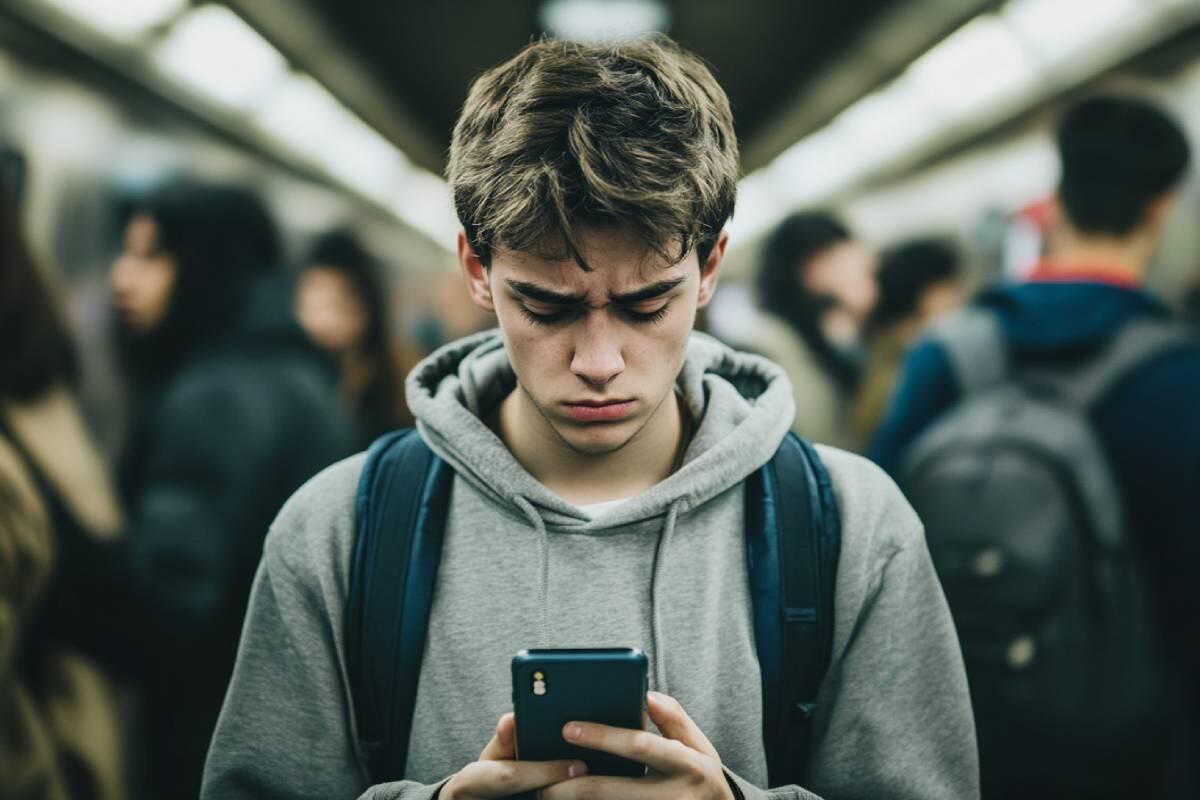Anxiety When Away from Your Phone: What Is Nomophobia and How to Treat It
In today’s digital world, having a close relationship with your phone has become the norm. But when the fear of being without it leads to anxiety, it’s time to pay attention.
Nomophobia — short for “no mobile phone phobia” — is an increasingly common condition linked to excessive smartphone use.
In this article, we’ll explore what nomophobia is, how it affects mental health, and the best strategies for overcoming it.
What Is Nomophobia?
Meaning and origin of the term
Nomophobia is an irrational fear of being without your phone or losing access to the internet and social media.
Though not yet officially recognized as a disorder by the WHO, it is considered by specialists to be a form of modern anxiety.
Most common symptoms
Distress when forgetting the phone at home or running out of battery.
Compulsive checking of messages, social networks, or notifications.
Irritability, sweating, or palpitations when offline.
How Does Nomophobia Affect Mental Health?
Connection to anxiety and digital dependency
It may worsen conditions like generalized anxiety disorder, ADHD, or insomnia.
Constant digital stimulation reduces focus and increases stress levels.
Impact on relationships and productivity
Struggling to disconnect during social or work moments.
Hindered attention, reduced face-to-face interaction, and lower quality of life.
Risk Factors and Most Affected Populations
Teens and adolescents
More exposed to digital dependence as they grow up connected.
Increased emotional vulnerability and social pressure to always be online.
Adults and professionals
Work environments that demand constant availability reinforce compulsive use.
A constant sense of urgency caused by apps and notifications.
How to Treat Nomophobia?
Psychological therapy as a central tool
Psychotherapy helps identify anxiety triggers and build healthier digital habits.
Cognitive-behavioral therapy (CBT) is especially effective in reprogramming thoughts about phone use.
Complementary strategies
Set specific times for phone checks and offline breaks.
Engage in activities that encourage disconnection: reading, sports, meditation, or hobbies.
Use screen time apps to track and limit usage in a healthy way.
When to Seek Professional Help?
Warning signs
Difficulty completing simple tasks without checking the phone.
Severe anxiety when offline or out of internet signal.
Life disruptions in relationships, work, or social circles due to excessive phone use.
Importance of personalized diagnosis
A psychologist can evaluate whether nomophobia is the issue or a symptom of another emotional condition.
Early treatment helps prevent escalation and restores emotional balance.
Conclusion
Nomophobia is a real and growing phenomenon in our hyperconnected world.
Recognizing the signs and seeking help are essential steps toward regaining control.
Digital balance is crucial for a healthier, more peaceful life.
Do you feel that anxiety from being away from your phone is affecting your life?
Schedule a session with a specialist at Clinic Consultation and receive professional guidance to regain emotional well-being.
Taking care of your mental health also means learning how to disconnect.
